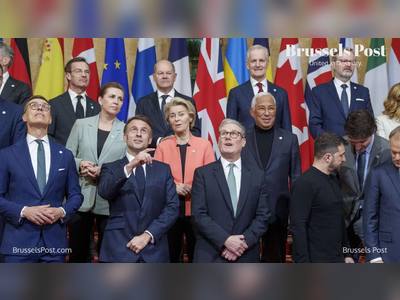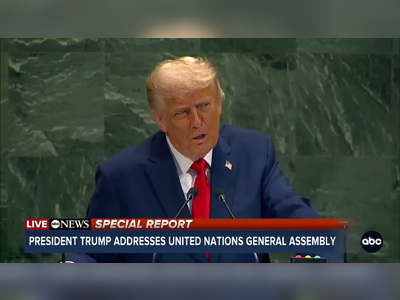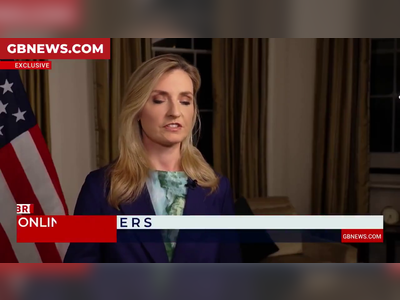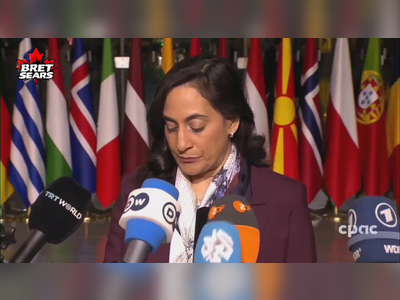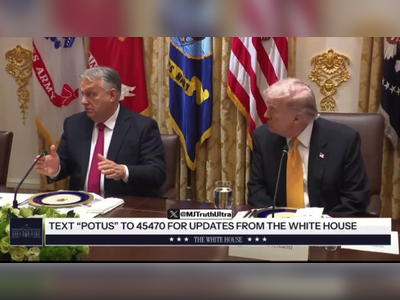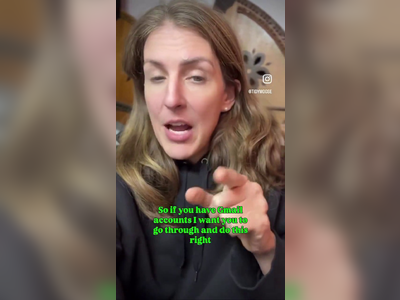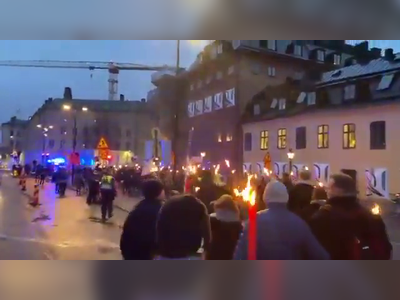Surge in Measles Cases in Romania Amid Low Vaccination Rates and Political Climate
Romania experiences significant measles outbreak linked to declining immunization and anti-vaccine sentiments ahead of presidential elections.
Romania is grappling with its most severe measles outbreak in recent years, as health officials report a surge in cases amid concerns over low vaccination rates in the population.
The outbreak has been exacerbated by growing political influence from anti-vaccine advocates, particularly in the context of the upcoming presidential election scheduled for this Sunday.
Recent data indicates that Romania recorded over one thousand new measles cases this year alone, contributing to a total of more than 4,000 cases since the beginning of 2024. Health authorities have linked this resurgence to insufficient vaccination coverage, with only approximately 85% of the population vaccinated against the virus.
Immunization rates have fallen below the herd immunity threshold of 95%, which is essential to prevent outbreaks of contagious diseases like measles.
Experts attribute the declining vaccination rates to a combination of misinformation regarding vaccine safety and the rising prominence of political figures who oppose vaccination mandates.
These individuals have increasingly gained visibility in national discourse, a situation that has coincided with a general skepticism towards public health policies in some segments of society.
The World Health Organization has noted similar trends in several countries, where anti-vaccine sentiments are becoming more vocal in political arenas, leading to potential public health risks.
In Romania's case, this has manifested in organized protests and campaigns against vaccination efforts, further complicating public health initiatives.
In response to the outbreak, health authorities have ramped up vaccination campaigns in affected regions and emphasized the importance of immunization to prevent further spread of the disease.
However, the political climate, influenced by these anti-vaccine figures, poses a challenge to achieving the necessary vaccination thresholds.
As the election approaches, the political landscape in Romania appears increasingly divided, with health officials urging voters to consider the implications of vaccine hesitancy on public health and safety.
The intertwining of health policy and political ideology reflects a broader trend observed in various countries, where vaccination is becoming a contentious issue amid rising populism and skepticism toward established science.
The outbreak has been exacerbated by growing political influence from anti-vaccine advocates, particularly in the context of the upcoming presidential election scheduled for this Sunday.
Recent data indicates that Romania recorded over one thousand new measles cases this year alone, contributing to a total of more than 4,000 cases since the beginning of 2024. Health authorities have linked this resurgence to insufficient vaccination coverage, with only approximately 85% of the population vaccinated against the virus.
Immunization rates have fallen below the herd immunity threshold of 95%, which is essential to prevent outbreaks of contagious diseases like measles.
Experts attribute the declining vaccination rates to a combination of misinformation regarding vaccine safety and the rising prominence of political figures who oppose vaccination mandates.
These individuals have increasingly gained visibility in national discourse, a situation that has coincided with a general skepticism towards public health policies in some segments of society.
The World Health Organization has noted similar trends in several countries, where anti-vaccine sentiments are becoming more vocal in political arenas, leading to potential public health risks.
In Romania's case, this has manifested in organized protests and campaigns against vaccination efforts, further complicating public health initiatives.
In response to the outbreak, health authorities have ramped up vaccination campaigns in affected regions and emphasized the importance of immunization to prevent further spread of the disease.
However, the political climate, influenced by these anti-vaccine figures, poses a challenge to achieving the necessary vaccination thresholds.
As the election approaches, the political landscape in Romania appears increasingly divided, with health officials urging voters to consider the implications of vaccine hesitancy on public health and safety.
The intertwining of health policy and political ideology reflects a broader trend observed in various countries, where vaccination is becoming a contentious issue amid rising populism and skepticism toward established science.
AI Disclaimer: An advanced artificial intelligence (AI) system generated the content of this page on its own. This innovative technology conducts extensive research from a variety of reliable sources, performs rigorous fact-checking and verification, cleans up and balances biased or manipulated content, and presents a minimal factual summary that is just enough yet essential for you to function as an informed and educated citizen. Please keep in mind, however, that this system is an evolving technology, and as a result, the article may contain accidental inaccuracies or errors. We urge you to help us improve our site by reporting any inaccuracies you find using the "Contact Us" link at the bottom of this page. Your helpful feedback helps us improve our system and deliver more precise content. When you find an article of interest here, please look for the full and extensive coverage of this topic in traditional news sources, as they are written by professional journalists that we try to support, not replace. We appreciate your understanding and assistance.
